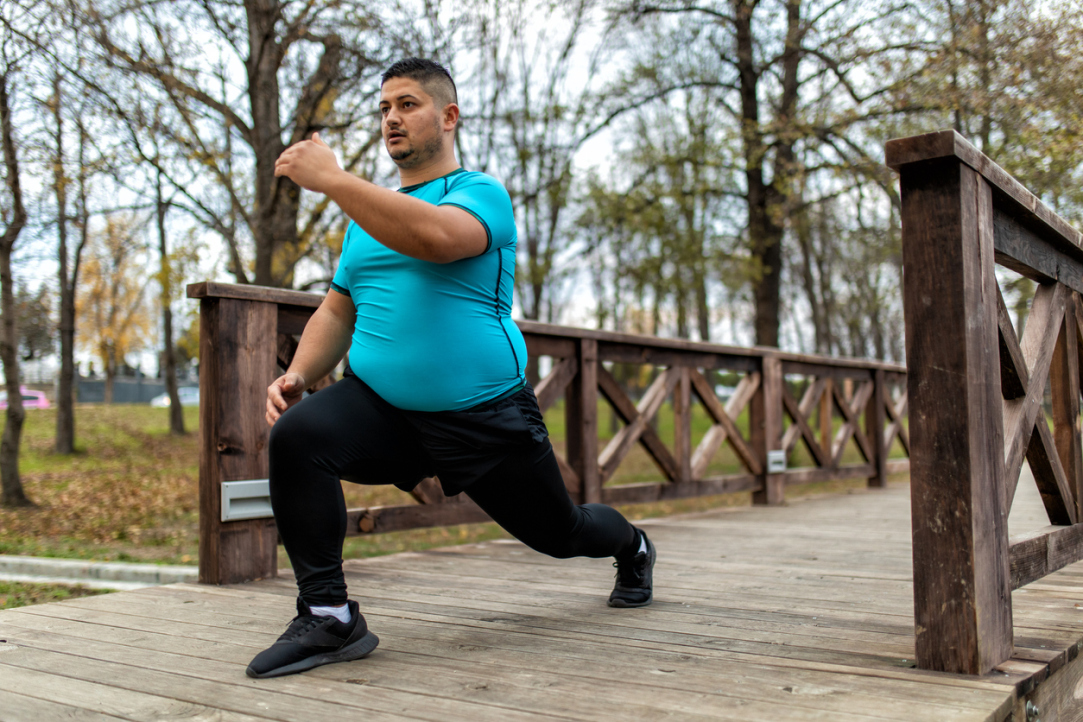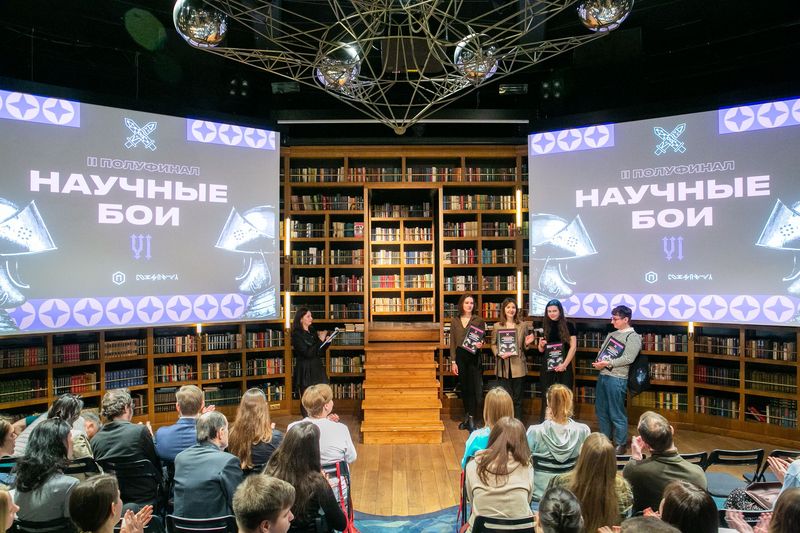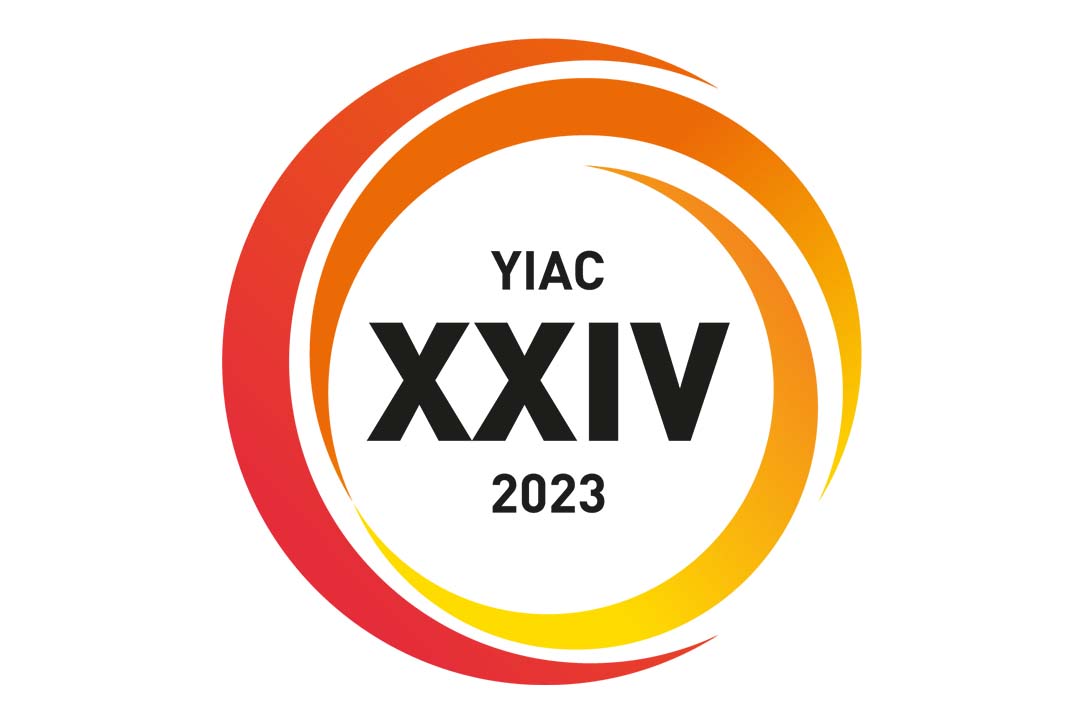
Search Query: How to Study Migration with Google Trends
Experts have calculated that the number of international students in Russia has grown six times over the last decade, and researchers say that many of those who are studying today would like to stay in the country. This, alongside issues such as why Google Trends are worth looking into, were covered at the HSE XXIV Yasin International Academic Conference on Economic and Social Development section on demography and labour markets.

12% of Middle-aged Female Russians Look After Both Children and Parents at the Same Time
Economists at HSE University and the Russian Presidential Academy of National Economy and Public Administration (RANEPA) have assessed the situation of women from the ‘sandwich generation’ — those who have to take care of both their children and elderly parents. The results were mixed: women in this situation often fail to eat regularly, neglect medical check-ups and are more likely to be overweight, but at the same time suffer less frequently from chronic diseases, smoke and drink less and generally show a higher level of life satisfaction. The preprint of the study is published in the Munich Personal RePEc Archive.

Card File: Plurilingual Creativity
Fluency in foreign languages has multiple advantages in terms of cognitive abilities, communication skills, cultural awareness, and career advancement. But can bilingualism and plurilingualism (knowledge of multiple languages and related cultural contexts) contribute to creative thinking and one's ability to generate new ideas? Studies have shown that linguistic, intercultural and creative competencies are interrelated, and their synergy can give rise to plurilingual creativity. The following overview is based on several papers by Anatoly Kharkhurin, Director of the HSE Laboratory for Linguistic, Intercultural and Creative Competencies.

Obesity in Men Associated with Individualism, Study Finds
Researchers of the HSE Laboratory for Comparative Social Research (LCSR), jointly with colleagues from research centres in Germany, Australia and China, examined the relationship between national variations in obesity rates and cultural dimensions. The associations they found were tested empirically through analyses conducted across 51 countries worldwide. Individualism appears to be associated with a higher prevalence of obesity, but only in the male population. The study findings have been published in Social Science & Medicine.

From Cultural Appropriation to Prison Jargon: Second Semi-Final of Science Battles Takes Place at HSE University
On March 19, the second semi-final of the fourth season of HSE University Science Battles brought together the topics of cultural appropriation, pharmacological neural networks, prison jargon, and ‘diseases’ of higher education on the same stage. Students from various degree programmes presented their projects in the Community space. Read on to find out more about the performances featured in the semi-finals.

HSE University Launches Fourth Mirror Laboratories Competition
The competition is open to HSE University research units planning to conduct joint projects with academic institutions, research organisations and state academic centres of the Russian Federation.

Researchers in St Petersburg Can Predict Weekly Stock Performance from Media News
Researchers from VTB and HSE University-St Petersburg have come up with an algorithm for predicting stock price fluctuations in the Russian market by analysing financial news. By making financial projections for next week (or month), the novel STTM (Stock Tonal Topic Modelling) algorithm can help investors build more effective financial strategies. The paper has been published in PeerJ Computer Science.

Participants of XXIV Yasin International Conference to Discuss Economic and Social Development
On April 4–14, HSE University will host the XXIV Yasin (April) International Academic Conference on Economic and Social Development. Every year, the conference provides a forum for leading Russian and international experts and government officials to discuss timely issues related to the economy and social policy.

Readers Found to Rely on Word Spelling Rather Than Sound in Reading
Skilled readers are known to extract information not only from the word they are looking at but from the one directly following it. This phenomenon is called pre-processing. Researchers from the HSE Centre for Language and Brain analysed the eye movements of primary school children and adults during silent reading and found both groups to rely on orthographic, rather than phonological, information in pre-processing an upcoming word. The study has been published in the Journal of Experimental Child Psychology.

Scientists Create Uniquely Stable Trimeric Model of Coronavirus Spike Transmembrane Domain
A team of Russian scientists, including HSE MIEM researchers, have presented a 3D model of SARS-CoV-2 S-protein transmembrane (TM) domain. Previously, the TM domain had only been believed to anchor the S-protein in its viral membrane without being involved in rearrangement and fusion with the host cell. Yet according to recent studies, the TM domain appears to have a function in the transmission of genetic information, but its role is not yet fully understood. The researchers believe that the model they have created can contribute to a better understanding of viral mechanisms and potentially lead to the development of novel antiviral drugs. The study has been published in the International Journal of Molecular Sciences.

